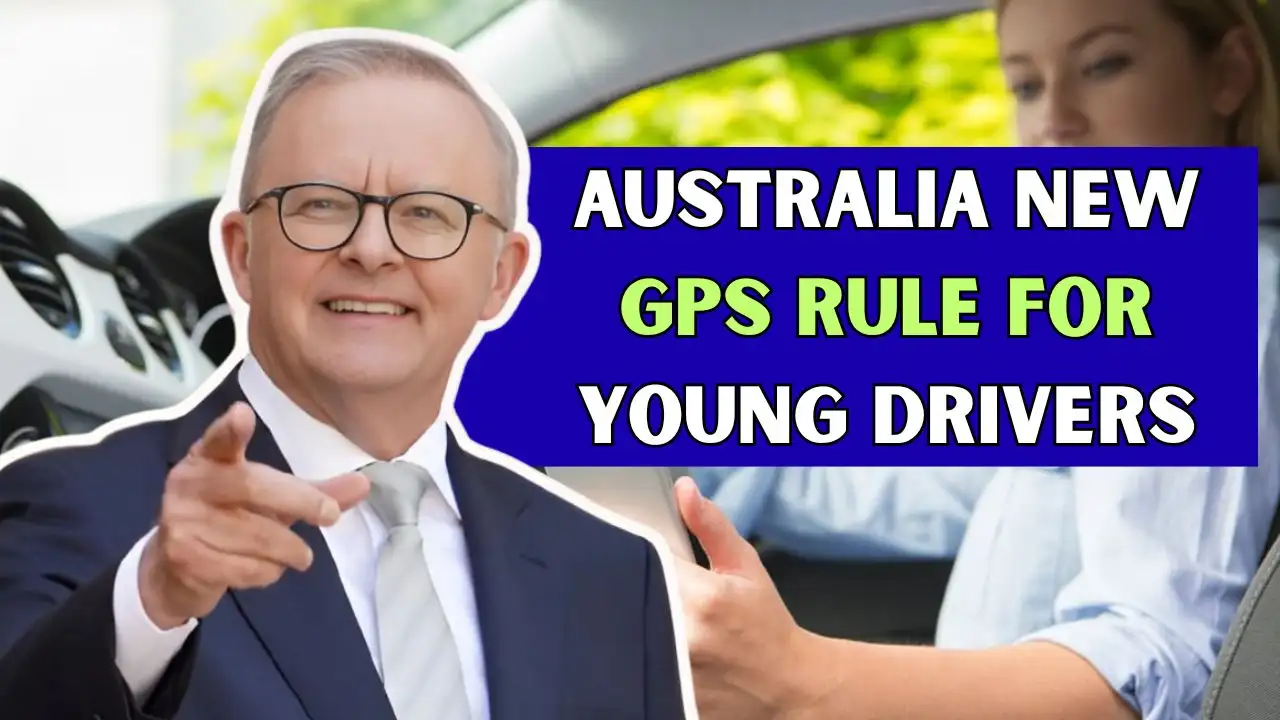Australia has gotten very bold in its traffic regulations meant to enhance road safety for the young and inexperienced drivers. This very year, learner and provisional drivers will be mandated to install approved GPS tracking units in their vehicles in several states. The issue has been a burning topic for information on privacy, safety, and enforcement amongst parents, road safety experts, and young drivers.
Why Introduce GPS Tracking?
This concern arises from the high accident rates among youth, as those statistically are much more likely to speed, drive recklessly, or otherwise engage in risky behavior. The government, thus, considers that GPS monitoring should discipline driving behaviour by tracking speed, location, and legal compliance in real-time.
How the Law Will Operate
Under the new rule, the learner and provisional licence holders have to have a GPS device recording trip data fitted in the vehicle. In certain States, the parents or guardians would be allowed to view this data and hence enforce discipline on their teeneagers. The system will also log any serious infringements such as excessive speeding, dangerous driving, or driving outside allowed hours.
Failure to comply with the GPS conditions may incur an on-the-spot fine or suspension of their driving privileges; it may also delay the granting of their full licence.
Advantages of the GPS Rule
There is an assumption that the introduction of GPS tracking would lessen the probability that young drivers will participate in risky behaviours. While the authorities will have trip data, they will want to see speeding down, crashes less in number, and adherence to traffic rules by greater degrees. Another reassuring factor for parents may be monitoring their children’s driving patterns, which in turn encourages the safe decision-making of the children themselves.
Concerns and Criticism
Not everyone is happy with this change. Some young drivers argue that mandatory GPS tracking is an actual invasion of privacy, putting them under unnecessary surveillance. Other critics have questioned who will manage the data, how long the data will be stored, and whether this policy will impose extra costs on low-income families.
Final Thoughts
Quite controversial, the GPS rule for young drivers is a major movement in the road safety approach in Australia. Officials stress the role of protection rather than punishment of young drivers or other road users. If effectively enforced, the law would greatly reduce accidents and make the roads much safer for all.
